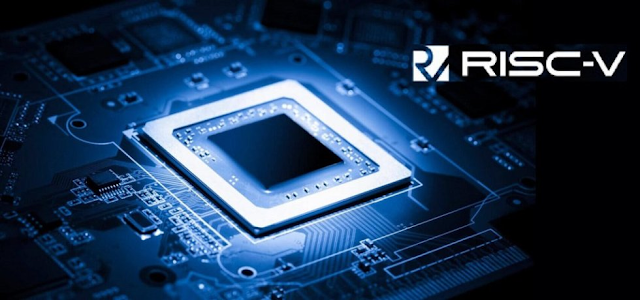Gaming on RISC-V
Wednesday, October 11, 2023What is RISC-V?
RISC-V is an open-source and royalty-free instruction set architecture (ISA) that is based on reduced instruction set computing (RISC) principles. RISC-V is flexible, modular, and extensible, allowing users to customize it for their specific needs. RISC-V is suitable for low-power embedded systems, IoT devices, and high-performance computing.
Can You Game on RISC-V?
Gaming on RISC-V architecture is still an emerging field, as there are not many commercial or open-source GPUs that support RISC-V. However, there are some projects and initiatives that aim to develop RISC-V-based GPUs for gaming and graphics applications.
One of them is RV64X, a group of enthusiasts that has started developing an open-source GPU based on the RISC-V architecture. RV64X proposes a scalable fused CPU-GPU ISA that could scale from simplistic microcontrollers all the way to advanced GPUs supporting ray tracing, machine learning, and computer vision applications with custom hardware extensions. RV64X plans to support the Vulkan API, DirectX (shader model 5), and OpenGL/ES
Another project is Free Open Source GPU Under Development for RISC-V (FOSSGUR), which aims to create an open-source GPU that can run on any RISC-V processor. FOSSGUR intends to implement a standard graphics pipeline in microcode, but also add custom rasterizers and pipeline stages to support features not supported by commercially-available GPU designs.
A third project is RISC-V Console, a containerized RISC-V based game console emulator for teaching computer architecture courses. RISC-V Console uses WebRISC-V, a web-based emulator of the RISC-V ISA, and DINO CPU, a pipelined implementation of RISC-V designed for teaching computer architecture courses. RISC-V Console allows students to run games written in C or assembly on a simulated RISC-V system.
These projects show that gaming on RISC-V architecture is possible and has potential for innovation and customization. However, they are still in early stages of development and face many challenges and limitations. Some of the challenges include performance optimization, compatibility with existing games and platforms, software and hardware development tools, and market adoption.
If you are interested in exploring RISC-V hardware, check out the RISC-V Computer Boards.


